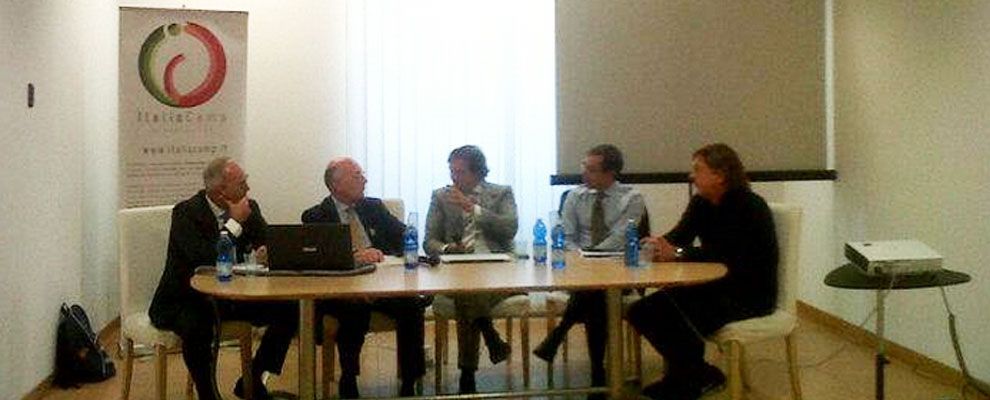Design is a thought activity: we should not replace it with a mere “optimizing” approach, because it’s from imperfections that talent emerges.

Social media can be a valuable tool for understanding how the brand of a country is perceived abroad, monitoring geographical areas that are of interest to businesses. But there can be more to it, as suggested by Vikas Bagri, social media adviser to the Government of Chhattisgarh in India, because social media "give more power to the citizens, in terms of access to information, possibility to contact and interact with institutions and participation in decision making”, thus becoming facilitators of democracy, which is a necessary condition to the proliferation of the business.
These were some of the main reflections that emerged during the panel "Social Politics" that took place on September 26, 2014 in Rome as part of Social Media Week, a worldwide week dedicated to the web, technology, innovation, and of course social media to find ways of working, creating and producing news.
The panel, held by Confindustria Assafrica & Mediterraneo, was dedicated to the need for effective two-way communication of Italy as a brand by companies working in Africa, the Mediterranean and the Middle East and the role of social media in the Arab Spring in North Africa.
As noted by Franco Pomilio, president of Pomilio Blumm: "Social media were invented in the USA, while Europe and the Mediterranean must find their own key, which has to be based on culture." We also need to learn to "interpret" these phenomena. As in case of the Arab Spring, for example, "It has not originated in social media but has deeper reasons, the economic ones" stated Pier Luigi d'Agata, Director General of Confindustria Assafrica & Mediterraneo.
However, in the information world the social media have made their way, because, as pointed out by John Ottati, President and CEO of Vuetel Italy, "they broke into the mainstream media". It also happened to the diplomatic world, where social media is present alongside the traditional one because, as noted by Nicola Lener, from the Italian Ministry of Foreign Affairs: "We can not be in all countries."